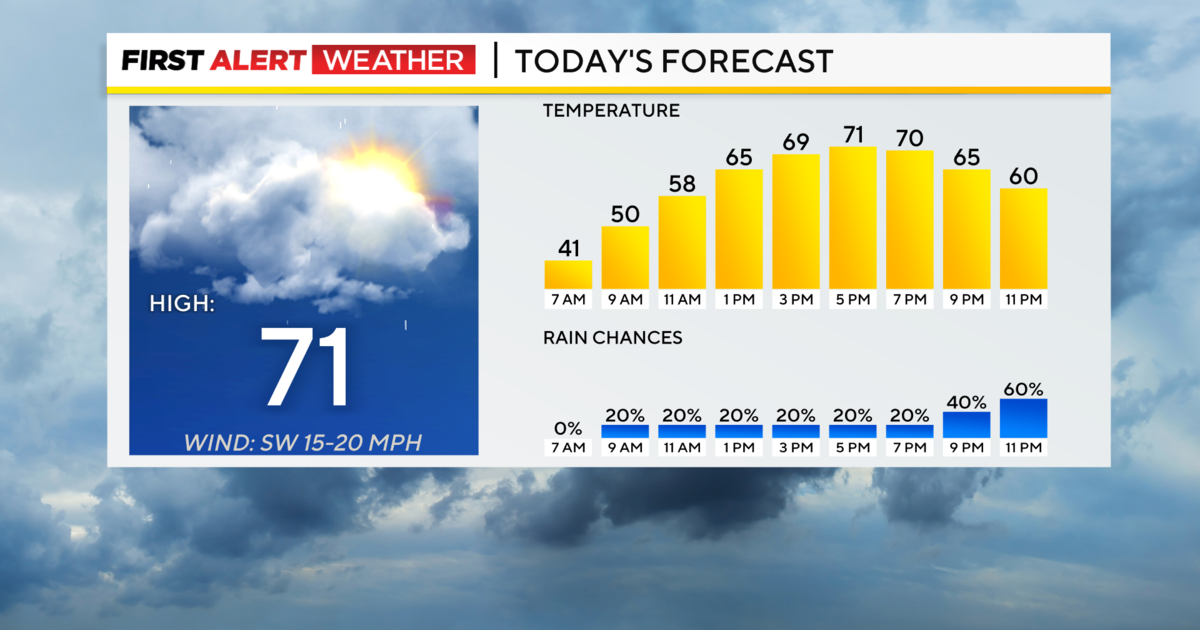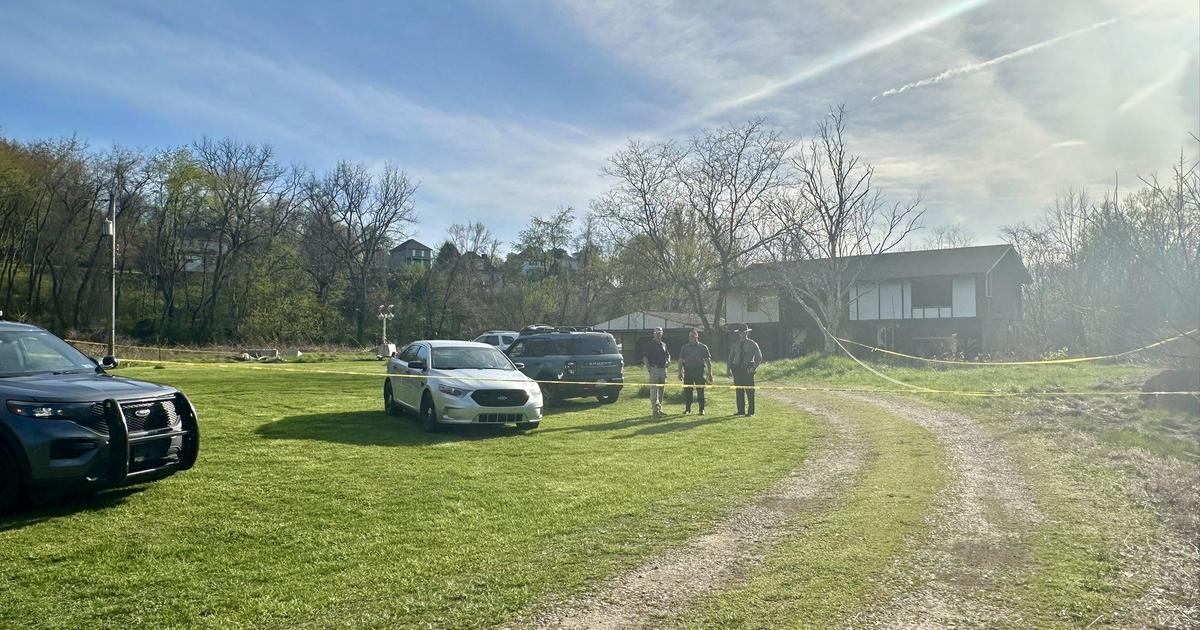Local Researchers Studying Sleep Habits Of Military Couples
PITTSBURGH (KDKA) -- Last weekend, we got an extra hour of sleep simply by turning the clocks back.
Yet for the men and women of the military, falling asleep and staying asleep may not be as simple as it sounds.
Dr. Wendy Troxel, Ph.D. studies sleep at the University of Pittsburgh and starting next month she will focus on sleep patterns and problems in couples after a partner comes home from war.
"We know there are high rates of sleep problems in the veteran," she said. "We know very little about what happens to the spouse, but he or she is very likely to be impacted by what is going on in the bed with the veteran spouse."
Just because daddy or mommy is back home doesn't solve the problems.
"There's a wonderful sense of joy at the return, but at the same time we can't forget that this in itself is an enormous stressor, re-integrating into a family unit that has manage in some way or other over the 10 months, year, two years that the veteran has been gone," Dr. Troxel said.
Numerous studies show war leads to sleep problems, but Dr. Troxel wants to know what happens to the spouse when they turn out the lights?
"Totally irrational schedules in very different time zones - and you compound that with war - with the experience to have to be hyper-vigilant at all times, having to watch your back - to be on guard all the time, all of these things can interfere with good quality sleep," she added.
Yet, the soldier, sailor or Marine may not be the only one tossing and turning.
"The stay-at-home spouse also has been through a lot," Dr. Troxel said. "That person has had to maintain the household, take care of the children, maintain a steady job, stay committed to the community, all with the thought in the back in their head at least - or the very front of the head - that their spouse is in harm's way."
Troxel and the researchers at Pitt will focus on security in the veteran's relationship, married or otherwise, and what it does to sleep.
"We know that stable, close relationships are among the most important protective factors in veteran populations, so kind of understanding what are the pathways of risk in the family context for veterans with a focus on sleep is something that I am passionate about," she said.
If funding permits, the four-year study could involve children between the ages of 7 and 11 who have grown up during a 10-year period of war.
RELATED LINKS:
Veteran Sleep Studies
Military Couples Sleep Study
University of Pittsburgh Sleep Medicine Institute
More Health News



